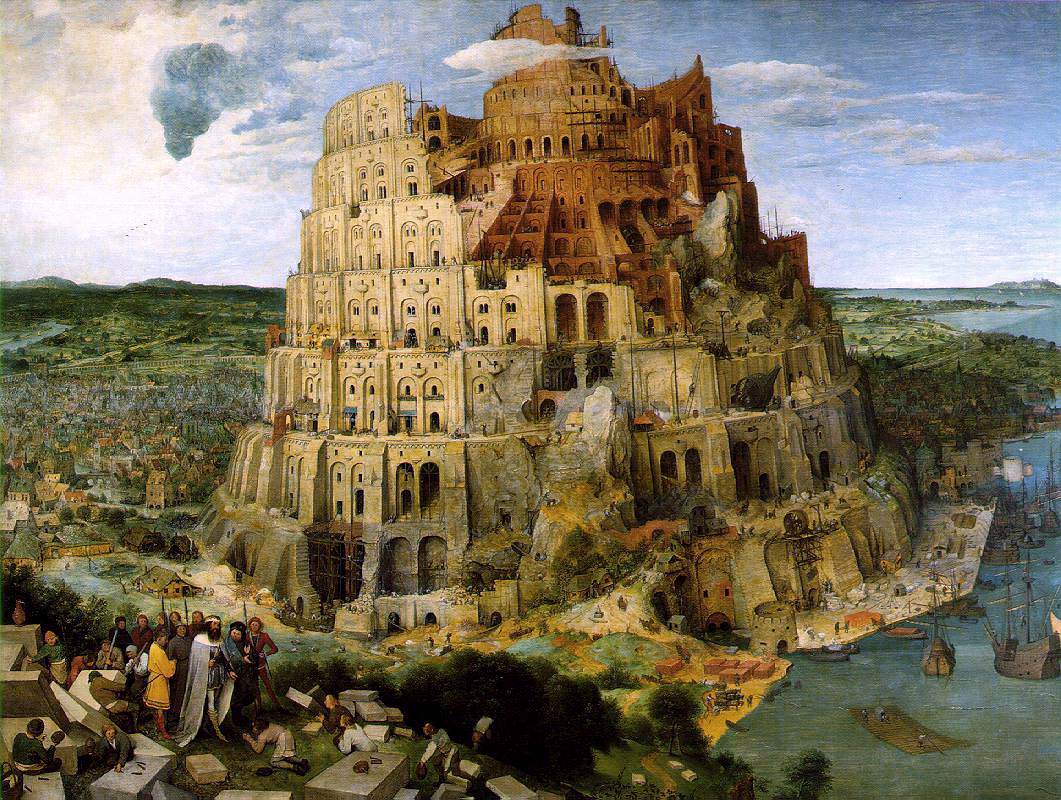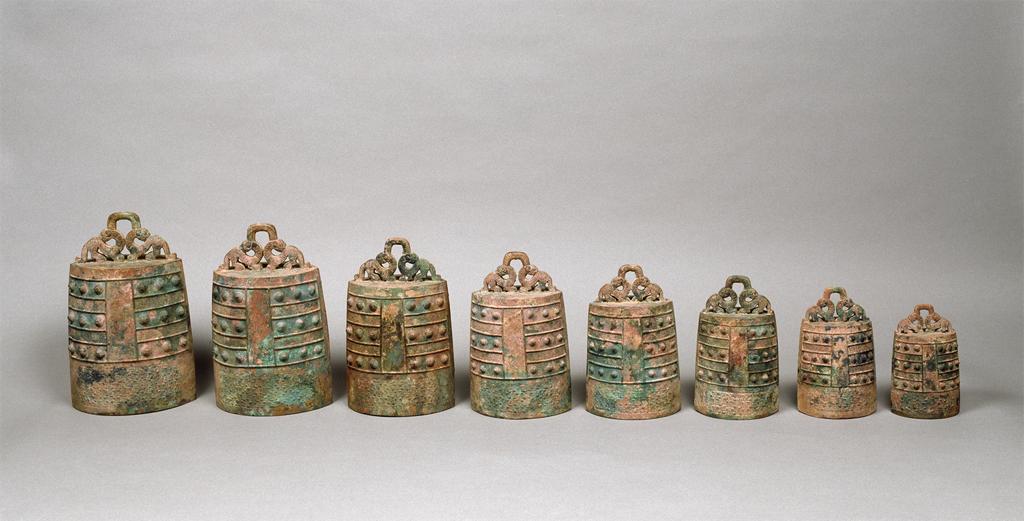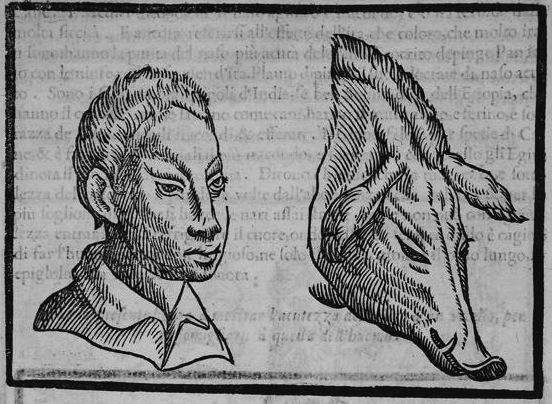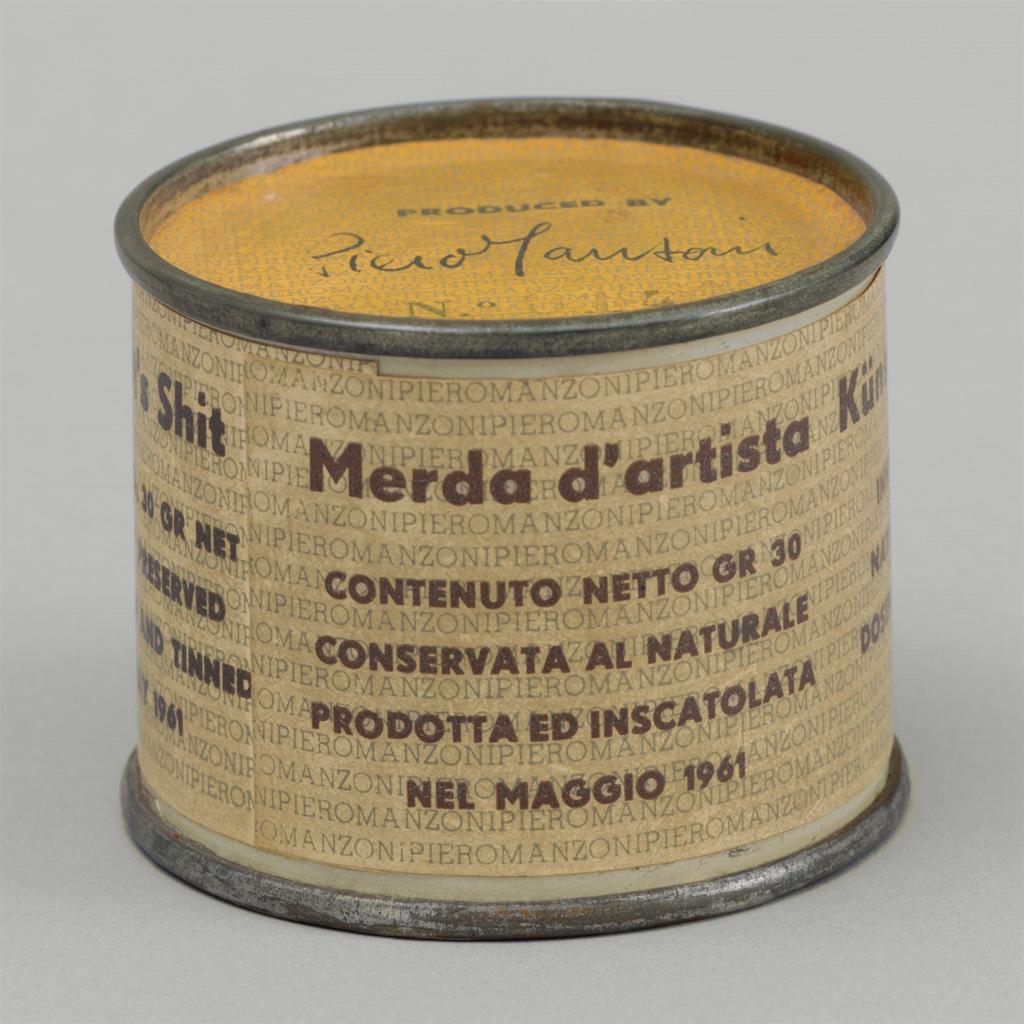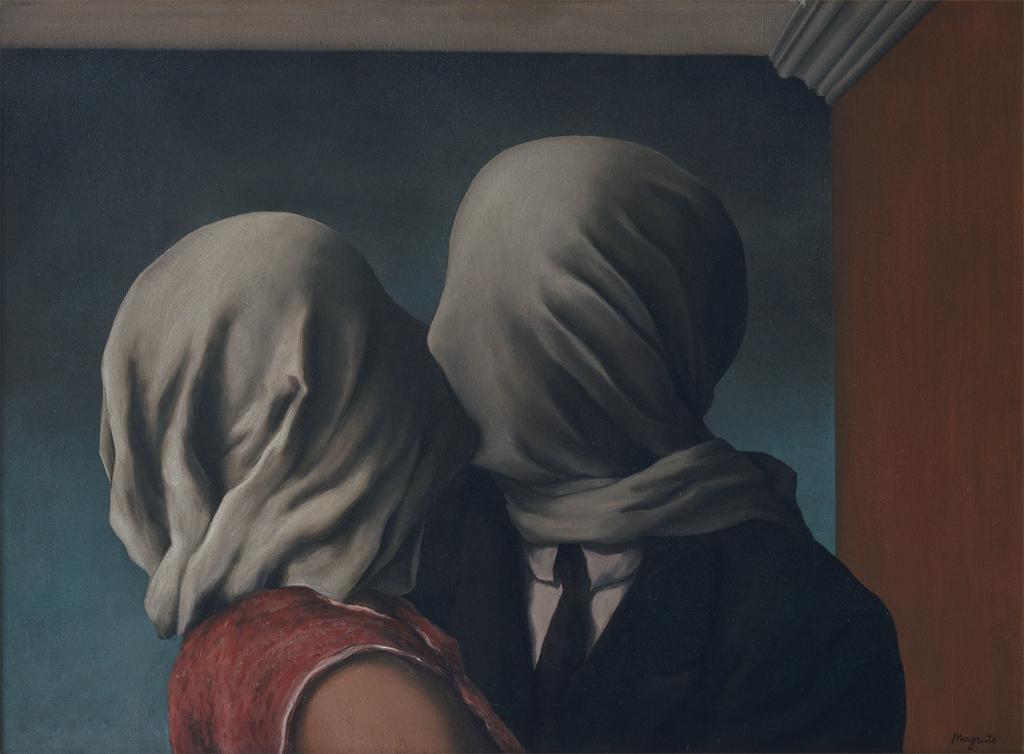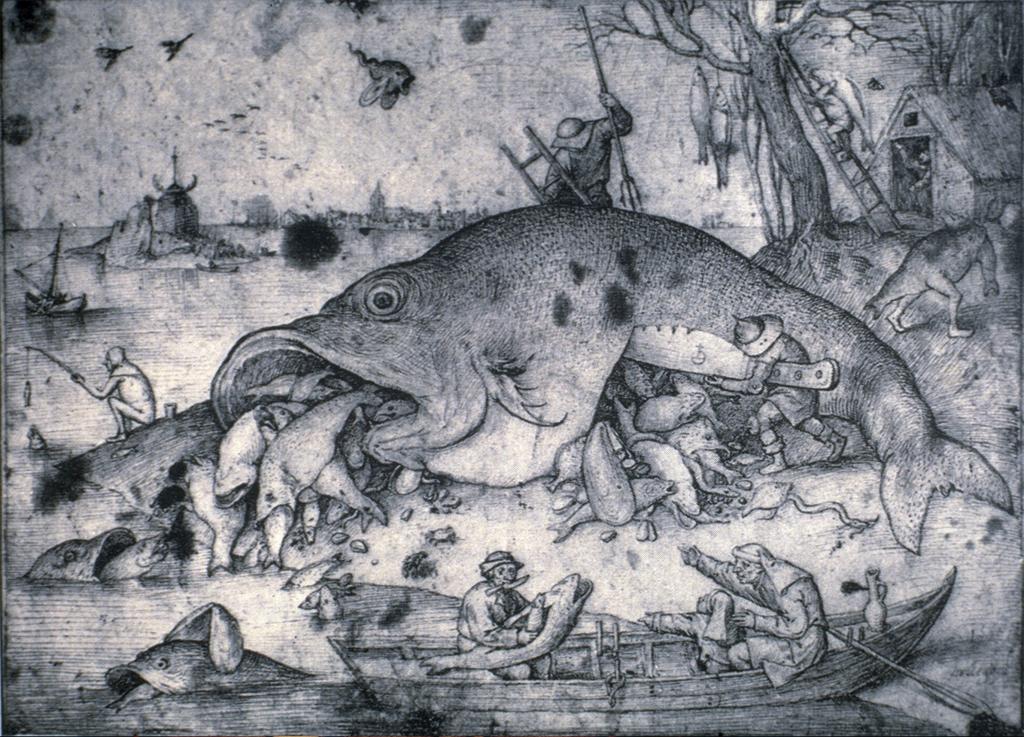The story of the universe (The universe
is not a story.)
The story of the atom (Energy is not a
story.)
The story of the earth (The world is
not a story.)
The story of evolution (Change is not a
story.)
The story of life (Death is not the end.)
The story of sex (And is not a
story.)
The story of Africa (Transmigration is
not a story.)
The story of humanity
(Trans-/-vert-/-ibility is not a story.)
The story of women (She is not a
story.)
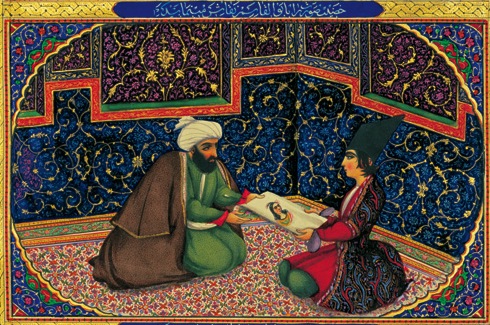
The story
of power (Play is not a story.)
The story of technology (The hand is
not a story.)
The story of politics (Sociability is
not a story.)
The story of mathematics (∞/0
is not a story.)
The story of science (Experimentation
is not a story.)
The story of computers (The
incomputable cannot be recounted.)
The story of art (Composition is.)
The story of transformation (Time is
not.)
The story of music (Rhythm does not
have a plot.)
Ω
The story of the eye (Seeing is not a
story.)
The story of consciousness (Embodiment
is not a story.)
The story of self-reflexivity (The loop
has no tale.)
The story of love (With is not a
story.)
The story of philosophy (Knowing is not
a story.)
The story of
बुद्ध
佛 Buddha (Waking up is not a story.)
The story
of language (The word—reverberating verb—is not a story.)
The story of poetry (Making is not a
story.)
The story of story (Happening is not a
story—and neither is story.)
